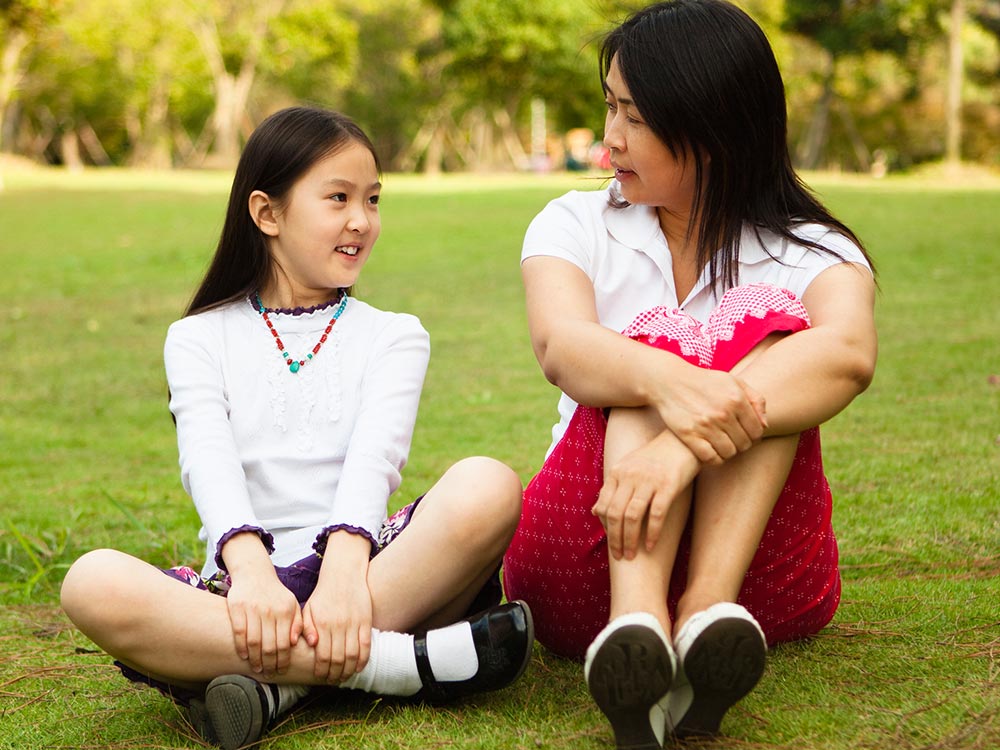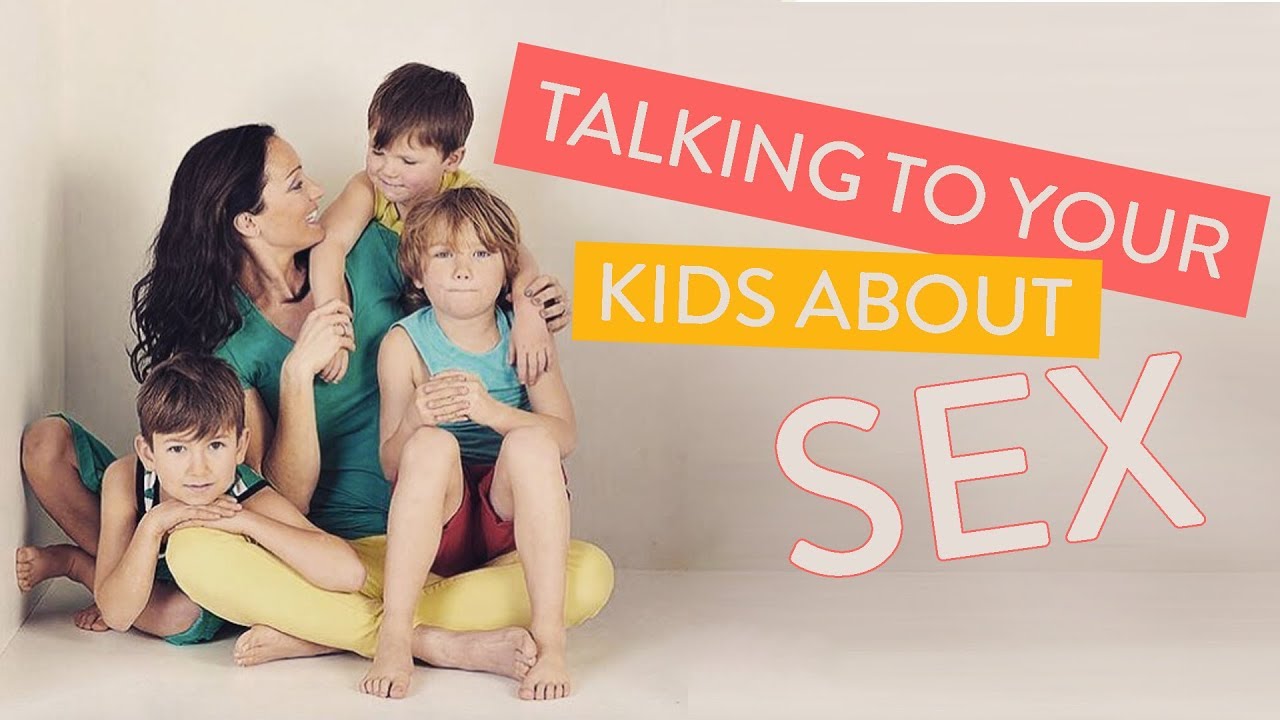A new way of living
By: Shalini Bhardwaj.
‘’Virgin is also a kind of vegetation and the word sex relates to ratio too.’’, asserted my friend, and a fleeting, troubled look crossed her face. As a perfectionist geography teacher in a senior secondary school, she was apprehensive that furtive glances and awkward giggles of students while teaching these topics can be a real threat to classroom discipline.
Ironically, in the land which is known for the most ancient manuscript on human sexuality, Kamasutra and unique Khajuraho temples, open discussion on issues related to sexuality and sexual healthis stilla taboo. Our children grow up in an environment where they are brainwashed from very young age that words related to human sexuality are censored ones and discussion on these issues is nothing less than a transgression.

As a parental tendency we normally switch off T.V. when an intimate scene appears on screen or keep a close eye on what our children watch on internet and whom they befriend with. But what is done beyond that?
We subconsciously accept the age old stigma that letting children know about sexuality will destroy their innocence while fact is that discussion and open talk is the best way to safeguard innocence not to destroy it.
We avidly discuss with our children about world economy, war, sports, but remain silent and squeamish on subjects of sexual assault, rape and sexual orientations. Is there any point leaving them in that protection of ignorance? Even in schools if there is any kind of sexual education provided, it covers only broad topics such as abstinence, awareness of STD.

Evidently, this shortage of information, especially during the period following puberty is compensated by learning from media and word of mouth that results into many sexual myths. Curiously, teenagers try to search their answers via casual internet browsing or from friends, much of this information is deficient or of dubious value that leaves them bewildered.
The unfortunate incident of Bois’s (boys) locker room is the only tip of the iceberg. There are a lot many underage girls and boys who due to ignorance, hyperventilate on the internet and unconsciously get into a situation from where escape is often difficult. Psychologists have narrowed down the reason for these situations to lack of proper sexual education and gender sensitivity among teenagers.
Dr Ian Askew, director in WHO says “Comprehensive sex education is important for all young people. Good information and good education influences people’s norms and values around sex behaviours- it happens in an educational context.”
Today, we need to talk to our children, in an age appropriate and informative manner about concepts of consent and coercion, the importance of respecting personal boundaries, and how to say and respect “No”.These are critically important subjects- both for boys and girls.
For young children discussion can be limited to their safety and prevention, as they approach their teens, the subject can be discussed more frankly. Incidents in news or media should be used as teaching moments based on the child’s age and cognitive abilities.We can encourage our children to think about why these things happen, what is wrong and what needs to be changed even as a part of our dinner table conversation.
Sex education is also seen by scientists as a vital public health strategy. It is found in research that Sex education at home or in school has broad range of effects, including: Improved self-esteem and self-image, reduced at- risk sexual behaviours or teenage pregnancy and even achieving higher grades and better educational outcomes. Some international organisations such as Planned Parenthood even consider that broad sex education programs have global benefits such as controlling the risk of overpopulation and advancement of women rights. Hence, most schools in some of the western countries provide sexual education courses to children between grade six and twelve.
Today, I feel, it’s high time to teach our children that they need not live in the confined boxes defined by their gender or culture but with an open and healthy mindset they have to be the pioneer of a true change. Let’s not stop children, guide them. It’s a new way of living in the red-hot emerging world.


